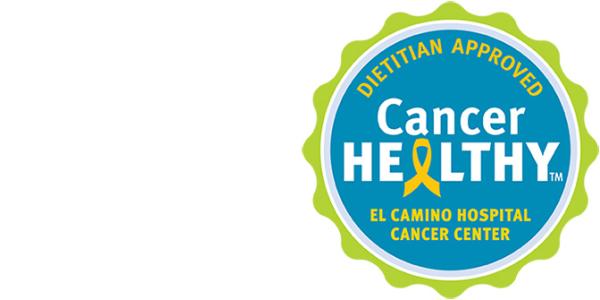
Dr. Shyamali Singhal has seen and heard more than her fair share of cancer statistics in her own specialty of surgical oncology. The one statistic she can’t stop thinking about: up to 30 percent of cancer is preventable. As Medical Director of the El Camino Hospital Cancer Center, Dr. Singhal is in a position to do something about it.
“There are some things we don’t have control over. But whether you smoke, spend time in the sun, or eat foods that are toxic to you, those are the things you can control and making lifestyle changes can reduce your risk of developing cancer.” Dr. Singhal explains. One by one, small choices—such as diet, exercise, and preventative screenings—can have a positive impact on health and well-being. Together, they form a lifestyle that may reduce the risk of malignancy. Dr. Singhal and other experts at El Camino Hospital call it the Cancer Healthy lifestyle.
The goal of the Cancer Healthy lifestyle is simple: to help people live longer and healthier lives. “We spent 10 years building up the cancer diagnosis and treatment side of the hospital, and now we’re focusing on the prevention and early detection aspects,” she says. For example, our oncology dietitians offer Cancer Healthy eating classes for community members to learn how to build a nutrition-based defense to help reduce the risk of cancer.
Other Cancer Healthy choices revolve around personal activity levels. For years, evidence has indicated a link between physical activity and a reduction in colon, breast and endometrial cancers. Now, a more recent study suggests a reduction in 11 types of cancers, thanks to physical activity.
Dr. Singhal views preventative medicine as an integral part of comprehensive cancer care available at El Camino Hospital. She hopes to see more patients and healthcare providers make use of the Cancer Healthy lifestyle in the future. “As a result of routine screenings, we hope to find malignancies earlier so that people can continue to live life after a cancer diagnosis.” Dr. Singhal also underscores the importance of understanding your genetic risk. “At family gatherings, it’s worth asking about your family health history.”
What you learn and share with your medical professionals just might save your life. Read more about the El Camino Hospital Cancer Center.